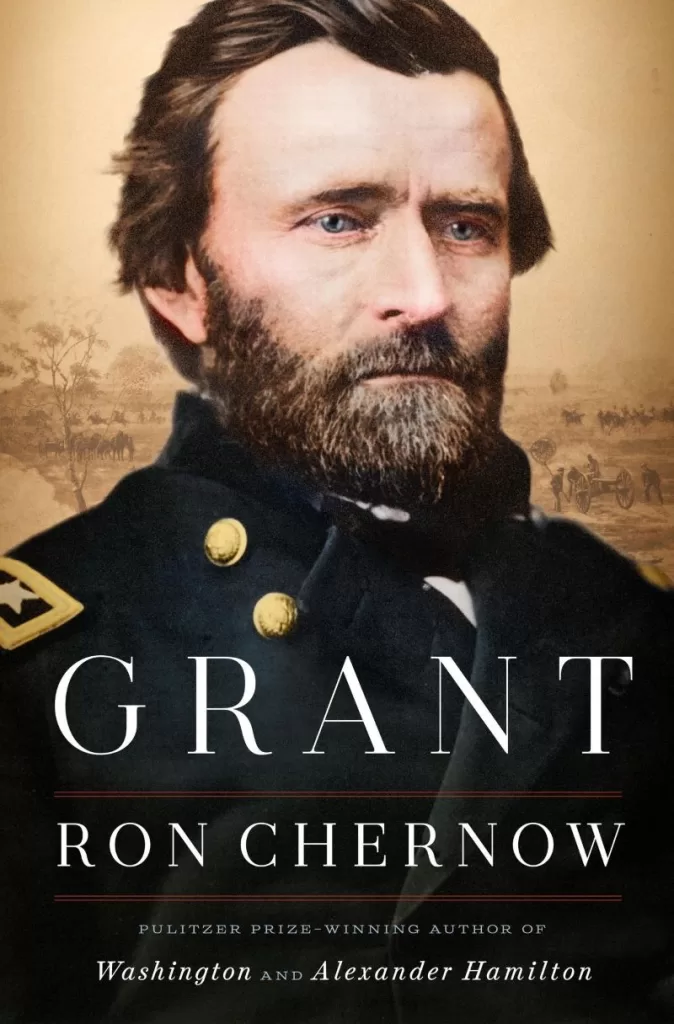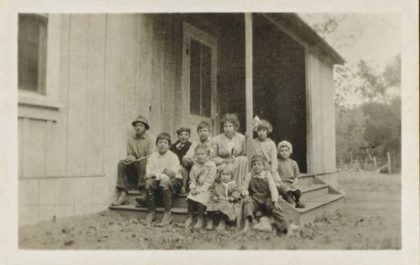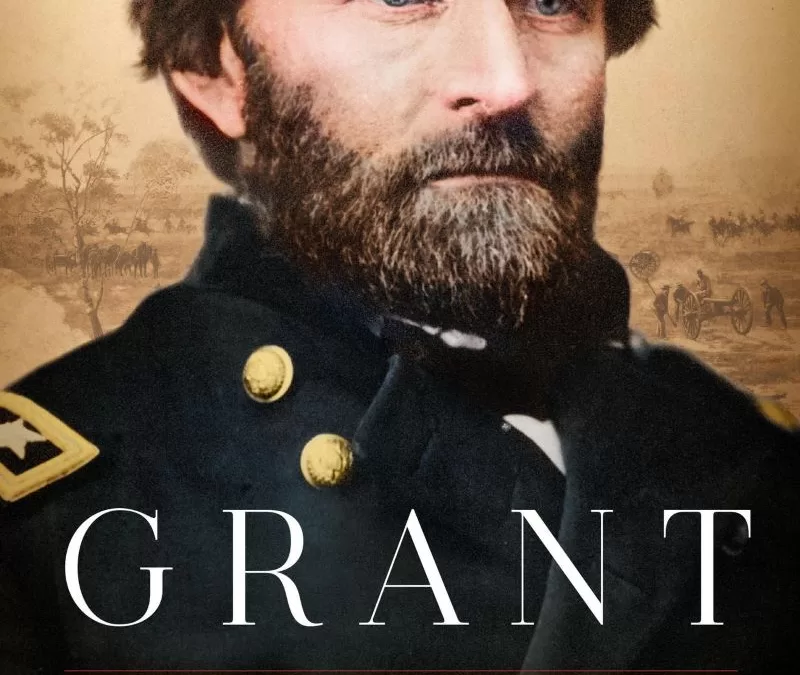
This article was originally published December 31, 2020 in Topanga New Times.
Given the general attitude towards government in the twenty-first century, it occurs to me that the expectations surrounding your recent promotion are rather low. With that said, you have been pursuing this job for quite some time and it would be a shame if you didn’t make the most of it. I’d like to suggest that the example of General Ulysses S. Grant— with the assistance of historian Ron Chernow—might help you do just that.
Let’s start with managing a harsh media environment. Journalists and some early historians see Grant’s Civil War battlefield courage originating from the bottom of a whiskey bottle.
As in today’s world of misinformation, there is a kernel of truth to these reports. Grant did indeed have a drinking problem: when he started, it appears that he could not stop. Unfortunately, this weakness provided a handful of dramatic and widely reported episodes that lent credibility to the numerous false allegations of drunkenness that plagued him throughout his life.
The media had their way with Grant’s relationship with alcohol, but he didn’t let it bother him. In fact, he managed his critics with grace. “I am not going to lay off my shoulder straps until the close of the war,” Grant said following accusations of wanton drunkenness during the Battle of Shiloh. “But I should like to go to New Mexico, or some other remote place, and have a small command out of the reach of the newspapers.” That’s a cool way to manage things, don’t you think?
As a corollary to rumors of Grant’s drunkenness were equally false rumors of his shameless brutality on the battlefield. The picture painted was of a drunken and heartless Grant exercising his advantage in men and material by sending thousands into the maw without regard for the consequences. He was more than once referred to as a butcher.
In Chernow’s Grant, a different narrative emerges. Grant understood—as did President Lincoln—that victory for the Confederacy could be achieved by simply wearing down the fighting spirit of the Union. Victory for the Union, on the other hand, required the complete and thorough destruction of the rebellious instincts that had taken hold in the South. Grant’s clear assessment of the problem at hand was supported by an unblinking commitment to reunite the nation. Unfortunately, the immediate consequences of this commitment were battlefields strewn with human carnage. As you navigate your way through the next four years, Uncle Joe, remember that sometimes doing the right thing can be extremely unpopular.
Remember, too, that the simplest solution is often the best one. Grant’s success as a general was, in large part, due to his experience as quartermaster; keeping the men fed, housed, and well supplied. He saw the wisdom and utility of addressing the basic needs of those under his command.
In war, as Grant understood, indecision can be fatal. “We must decide.” Grant said. “If I am wrong we shall soon find it out, and can do the other thing.”
We may not be facing the immediacy of an impending battle. Your decisions, though, Uncle Joe, can rattle the entire world. Make them honorably, openly, and under the guidance of the wise men and women who surround you. And, if you screw up, admit it and move on. “Lying,” Grant said, “is the foundation of all crimes and follies.”
Despite earlier accounts, Chernow’s Grant is actually a rather considerate listener. Here is Abe Lincoln on Grant: “He’s the quietest little fellow you ever saw… makes the least fuss of any man you ever knew. I believe, two or three times, he has been in this room a minute or so before I knew he was here… The only evidence you have that he’s in any place is that he makes things git! Wherever he is, things move!”
Grant was also open-minded. For instance, many historians have criticized his positions on slavery and race. The kernel of truth is that Grant married into a slave-owning family. When circumstances led to his ownership of a mulatto slave, however, he immediately set about freeing him; and this despite the financial troubles he was experiencing.
Before the war, Grant opposed the idea of slavery but felt that abolition might lead to civil war. In this, he followed almost directly the evolution of views held by Abe Lincoln.
During the war, Grant was forced to address the issue of “contrabands,” the expedient term for runaway slaves who reached Union lines. Once it was decided to put them to work, as Chernow reports, Grant saw that “as an independent laborer, [if he can] do these things well, it would be very easy to put a musket in his hands and make a soldier of him, and if he fought well, eventually to put the ballot in his hand and make him a citizen.”
Opportunity is the life-blood of the American dream, Uncle Joe. Given the opportunity, the people of this nation will rise. You are now in a position to nurture that opportunity; for those impoverished in this country and for those who risk their lives to get here.
Perhaps the finest example set by US Grant is the humility he expressed once the fighting had concluded. Following a ferocious battle, Grant surveyed a field populated with the dead and dying. Two wounded men lay side by side bleeding in the mud, a Union lieutenant and a Confederate private. The Union stretcher bearers were called and attended to the Union officer. “Take this Confederate, too,” Grant said, “take them both together; the war is over between them.”
This ideal of Grant’s gentler spirit was on full display while spite and malice were nowhere to be found as he offered generous terms of surrender to Robert E. Lee at Appomattox Courthouse. Indeed, Grant recognized—as I hope you do Uncle Joe—that brothers fighting against one another must some day learn to share their country again.





